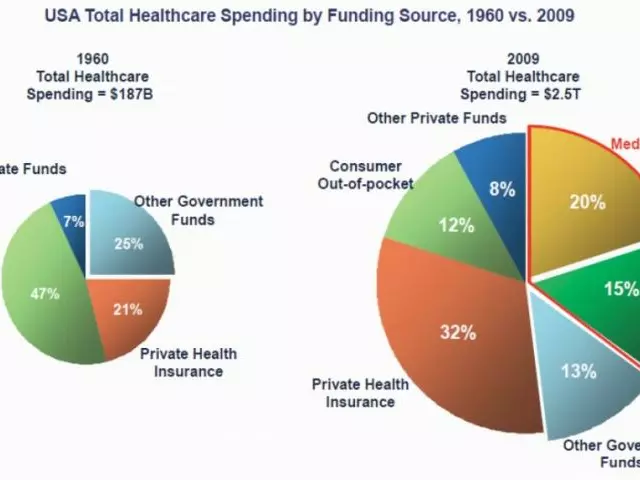Understanding the Concept of Free Healthcare
Before we delve into the crux of the matter, it's crucial to understand what we mean by 'free healthcare'. In the simplest terms, free healthcare is a system where the government pays for all the healthcare expenses of its citizens, often through taxes. Some people believe it's a basic right that should be enjoyed by everyone, regardless of their economic status. However, the term 'free' can be misleading as the funds have to be generated somehow, and it often falls on the taxpayer. The 'free' here refers to the fact that individuals do not have to pay directly at the point of service.
The US Healthcare System - An Overview
Contrary to the free healthcare system, the US follows a mixed system. It incorporates both private and public funding. The government funds healthcare for certain groups like the elderly, low-income families, and veterans through programs like Medicare and Medicaid. However, the majority of Americans get health insurance through their employers. For those not covered by any of these, they have to procure private insurance or pay for medical expenses out of pocket, which can be quite expensive.
Why the US Doesn't Have Free Healthcare
The question of why the US doesn't have free healthcare is complex and multifaceted. The biggest reason is the high cost. The US spends more on healthcare per capita than any other country in the world. Implementing a free healthcare system would mean even higher taxes, which is not a popular idea among many Americans. Furthermore, there are concerns about the efficiency and quality of a government-run healthcare system.
Comparing the US and European Healthcare System
When compared with the European healthcare system, the US system seems to fall short in certain key areas. For instance, in Europe, access to healthcare is seen as a fundamental right, and the government ensures that everyone, irrespective of their financial standing, gets the medical help they need. On the other hand, in the US, healthcare is largely seen as a commodity, and access to it depends greatly on one's ability to pay.
The Pros and Cons of Free Healthcare
Free healthcare undoubtedly has its benefits. These include equal access to healthcare services, reduced personal healthcare costs, and improved public health. However, it also has its drawbacks such as long wait times, potential for reduced quality of care, and the strain on government funds. It's important to weigh these pros and cons when discussing the possibility of implementing a free healthcare system in the US.
The Role of Politics in US Healthcare
Politics plays a significant role in the healthcare debate in the US. The issue of healthcare reform has been a contentious one, dividing the nation along political lines. While Democrats generally favor a more government-involved approach, Republicans are typically more inclined towards a market-based system. These ideological differences make it difficult to reach a consensus on the way forward.
Looking to the Future: Can the US Implement Free Healthcare?
So, can the US implement free healthcare? The answer is not straightforward. While it's technically possible, it would require a significant shift in the way the US funds and delivers healthcare. It would also require overcoming substantial political hurdles. However, as the healthcare debate continues, it's clear that many Americans desire a more equitable and accessible healthcare system.
